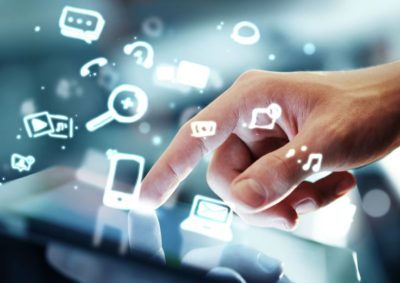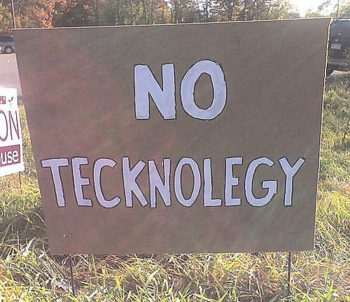Digital tools, beyond personal assistive technologies, can be used for all students to become learners through strategies that remove barriers. To help teachers and administrators understand how strategies or tools could be implemented is Universal Design for Learning (UDL). These principles come from the work of Vygotsky, Bloom, and cognitive neuroscience where by understanding the needs of students, teachers can modify the curriculum to meet the needs of all students. Continue reading Universal Design for Learning: Using digital tools to meet all learner’s needs
Category: ISTE Coaches 5
My Evolving Philosophy of Digital Education

Mission Statement
To support a paradigm shift in teaching by working collaboratively with colleagues to develop authentic learning through integrating technology resources with student interest. Through implementing technology-rich interest-driven learning opportunities, growing students Digital Literacy competence. Concurrently advocating for building relationships with students while promoting moral and ethical results. In this approach, generate measurable student growth.
This mission statement is the first in what I hope to be a series of statements that show growth in both understanding and implementation of digital education. I would love to have feedback.
Continue reading My Evolving Philosophy of Digital Education
Digital Readiness Project

During this, the first class of my Digital Education Leadership program, we looked at the idea of “Digital Readiness” as it pertains to our districts. The basis for our assignment resides in the ISTE Coaching Standard 5 – Digital Citizenship. Continue reading Digital Readiness Project